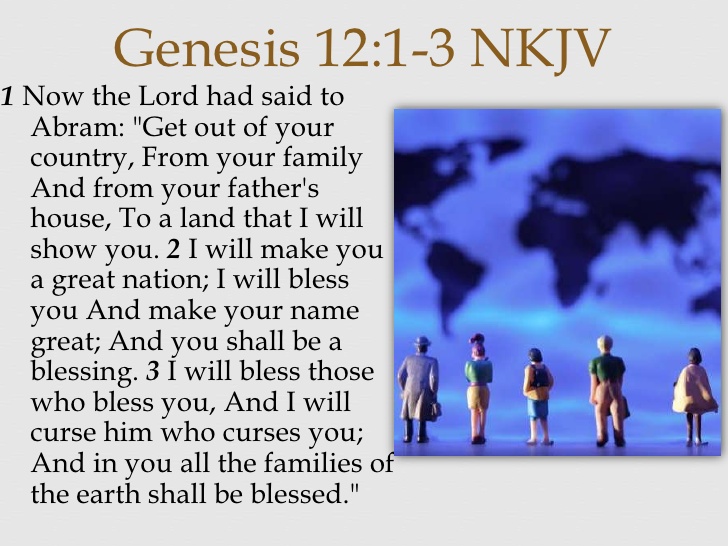Click here to return to Blog Post Intro.
Esau Fails to See the Big Picture (Genesis 25, 32-33)
In Esau, the Bible paints a powerful picture of a leader without vision. While the eyes of some folks may be larger than their stomachs, in this case, the problem was the exact opposite. Hebrews 12:15-16 cautions us to examine ourselves, “lest there be any fornicator or profane person like Esau who for one morsel of food sold his birthright.”
Isaac and Rebekah’s first son (of twins), Esau, loved the great outdoors from very early in life. He became a skillful hunter, growing strong and resourceful and as rugged as they come. But he lived so completely in the present, depending solely on his own strength, that he repeatedly failed to clearly see the future.

Esau succumbed to the types of temptations that still entice leaders today:
- Esau focused solely on the here and now, convinced that tomorrow never comes.
- Esau relied on his natural gifts and on his birth order rather than on God’s plan.
- Esau’s shortsightedness prompted him to give up the ultimate to get the immediate (a single meal).
- Esau, favored by his father, may have thought Isaac’s love would bail him out of any poor decision he might make.
- Esau’s limited vision caused him to marry a Hittite, a choice which grieved his parents.
- Esau’s clouded vision blinded him from the deception by his twin brother Jacob.
In a legacy symbolic of his life, Esau’s descendants became the enemies of Israel. Whenever you read about Israel’s clashes with the Edomites in Scripture, think of Esau, for it is through him that these persistent opponents of Israel came into existence. The animosity between these two ancient peoples can be seen even in the Psalms:

Today, we remember Esau as a self-centered man with faulty vision. And yet God extends his grace! Before Esau died, he showed that he had matured. Genesis 32-33 describes a fearful meeting between Esau and his estranged brother. When the pair finally meet after years of separation, Esau embraces the deceiver Jacob and forgives him on the spot. Could it be that before he closed his eyes for the last time, Esau finally saw with clear vision? Perhaps. But imagine what might have been had he developed that vision sooner!
Abraham Seizes What He Sees (Genesis 12-22)
When God told Abraham to leave the comfort of his home in Haran, his relatives and everything familiar, so that he might start fresh in another land (Genesis 12), Abraham caught the vision. God gave Abraham the hope of fathering a great nation; in fact, God said that he would become the father of many nations! Abraham felt compelled to follow this great vision, even when he had nothing else to rely on.

Lessons from Abraham on Vision
A vision must:
- Begin with God’s Priorities (Gen. 12:1-2). God initiated the vision, not Abraham. When leaders start with God’s vision, they can more easily maintain direction and keep their motives pure.
- Connect with the Leader’s Identity (Gen. 15:2-4). The vision Abraham received fit him and Sarah exactly; it matched the needs and desires of this barren couple. Even better, it’s fulfillment would serve others.
- Include Others (Gen. 12:2-3). A vision from God always involves and blesses others. The Lord told Abraham he would be blessed in order to bless many nations, which is precisely what happened through the birth of Christ many generations later.
- Be Bigger than the Leader (Gen. 17:1-8). While Abraham wanted to father an heir, God wanted him to father nations. That hope went far beyond Abraham’s wildest dreams (and his own capabilities). Such a huge vision would take more than a lifetime to fulfill.
- Connect with the Leader’s Deepest Convictions (Gen. 18:9-12). The vision that captured Abraham’s heart mirrored his strongest values, including his desire for family and land.
- Be Tangible and Easily Communicated (Gen. 15:5). God gave Abraham a tangible picture of the vision: Look at the sands on the shore, He said, and at the stars in the sky. These objects served as visual aids to help Abraham embrace and fulfill the vision.
- Have Eternal Value (Gen. 17:19-20). Abraham’s vision went far beyond his life on earth and included more than wealth and fame. His vision would affect the eternal destiny of millions.
May your Vision inspire your team in the New Year!

